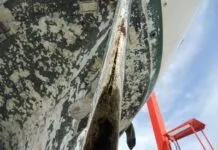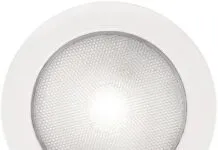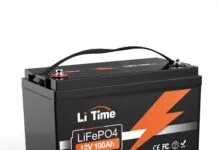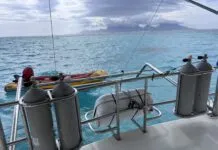Bottom Paints for Freshwater Sailors
I am a relative novice to sailing, and my new-ish boyfriend is thinking about bringing his boat to Lake Superior, Mich. He's one of...
Caught Between Two Homers
Technical Editor Ralph Naranjos report on risk management in this months issue sent me scouring the Internet for the origins of risk. Most dictionaries...
Marine Sealant Adhesion Tests
We expect a lot from adhesive sealants for the marine environment. They must stick to a wide variety of surfaces, including gelcoat, aluminum, wood,...
A New Spin on Dependable Crimps and Splices
Our test focused primarily on the small-wire connections tensile strength, with and without solder, but we also looked at their durability under tough environmental...
Winter Sailing Tips for Diehards
For many seasonal sailors, the winterizing routine is already well underway. But there are more than a few diehard sailors in the mid-Atlantic regions,...
Winter Without Worries
During my admittedly few winters above the frost belt, I have only fond memories of the last few days of the season. And Ive...
Three Sailing Pros Speak Out
As part of our winch update and sea trial, we caucused three sailing pros and got their performance slant on what they looked for...
Keeping Ice at Bay
Southern sailors often put their boats away for a few months when the water gets a little cool. Northern sailors have a more definitive...
Installation Tips for Deicers
When it comes to deicers, proper installation is key. Here are some tips to ensure your setup will optimize ice removal.The deicer should be...
Making an Anodized Mast Look Like New
Have you done any research on the best means of cleaning an aluminum mast? Im having other work done to mine and thought it...















































